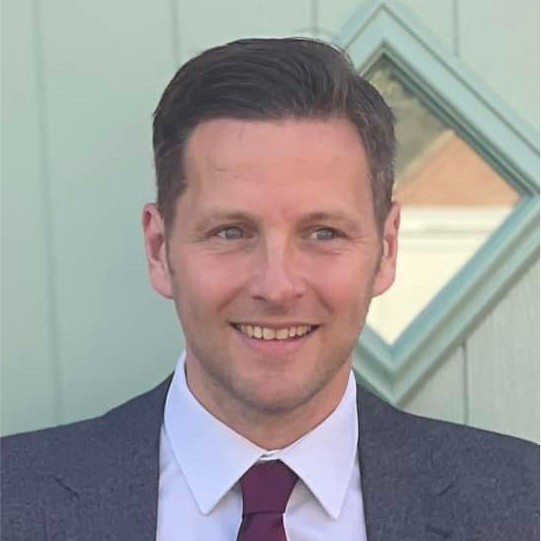John Ambrose
Founder and Director, Complete Careers LLP, Lincolnshire, England
How did you find your way into careers work?
I left school at 16 and completed an apprenticeship in admin and finance at my local council, which I strongly disliked. The turning point came when I saw an advertisement to train as a Careers Adviser. My first university application was unsuccessful, but by that point, I was hooked. I applied directly to Nottingham Trent and managed to secure a grant for a placement. That course was the making of me. My passion for careers education later took me down the route of inspiring and training Careers Coordinators, and following redundancy in 2015, I co-founded Complete Careers LLP.
What do you do in your current role?
Leading a small business is a balancing act. It involves dealing with the essentials like finance, GDPR, and compliance, but I ensure I still maintain a caseload of learners for personal guidance. I also lecture on the Career Development Apprenticeship and conduct numerous training and quality assessments each year. Additionally, I support the wider sector by holding board roles at the Career Development Institute (CDI) and Careers England.
What motivates you?
My personal experiences fuel my dedication to providing inclusive and supportive career guidance. Growing up where top students left for grammar schools, I didn't know what I wanted to do and had to overcome the stigma of not following a traditional academic route. My motivation is simple: to ensure students access the guidance I lacked, driven by values of social justice and equity.
What’s your personal philosophy?
My philosophy centers on equity and access. I believe that offering students fair guidance provides an opportunity for a collaborative exploration of their personal belief structures and the influence their community, environment, and social interactions have on their worldview. I am committed to making sure every student gets the opportunity to explore their potential.
What has been a turning point for you?
Securing that placement at university after my initial application failure was transformative. Professionally, moving into a school support role assessing quality awards by age 25 was crucial. Entering the sector at 21, I suffered from imposter syndrome, questioning if I could succeed. That new role helped me to assert myself and prove my knowledge and capabilities at a young age.
Who or what inspires your practice?
I credit my former manager, Mark Wilkinson at Connexions Lincolnshire and Rutland, my co-partner Janet Hutchinon, David Andrews OBE, and influential lecturers such as Liane Hambly and Ann Owen. They all played a significant role in shaping my development and approach to guidance.
What’s your take on the future of careers work?
I am concerned about the future pipeline. We need to ensure there are strong financial incentives to attract new talent into the profession. My key learning point is always to not be afraid to try something new—whether it’s a new method, resource, or style. Reflective practitioners make the best practitioners.
Favourite career theory?
My favourite theory is Career Construct. I think this best reflects the changing and developing nature of both self and society.
A day in the life?
It’s always varied, which I enjoy. I toggle between the commercial demands of running a business, strategic governance for the sector through my board roles, and the direct practice of lecturing and providing 1:1 personal guidance to learners.
What advice would you give new CDPs?
Go for it! Don’t be afraid to take risks and embrace new opportunities. As for my future aspirations, I aim to stay true to myself, ensure I am happy in my work, and work towards achieving a better work/life balance.
Final reflections?
I'm proud of the positive impact I've made on students' lives and helping them achieve their career goals. Another significant success was co-authoring the 'Bonkers Book of Jobs' in 2018—an innovative way to inspire children about diverse career paths.

